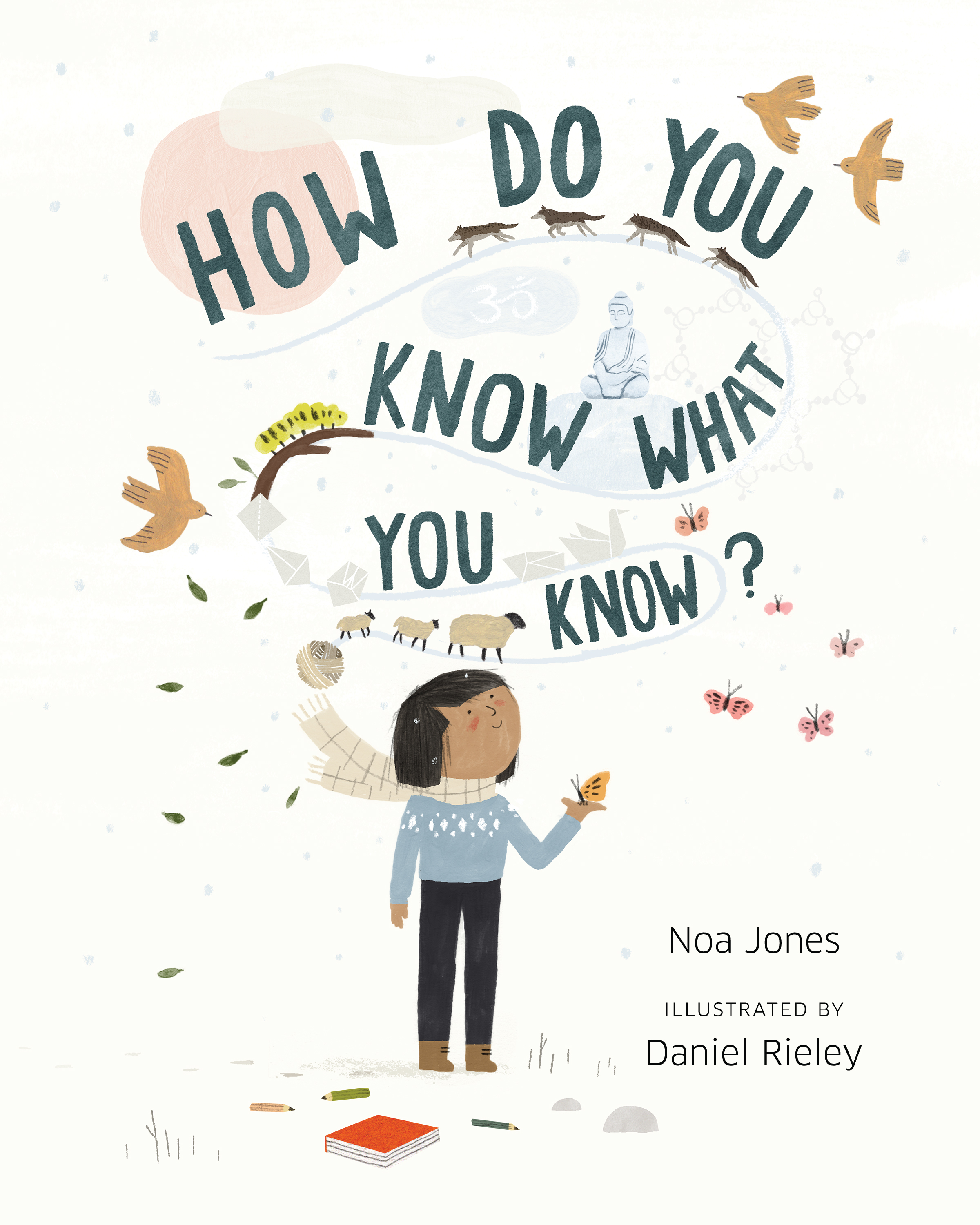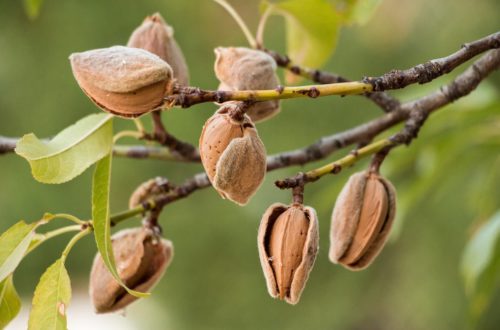A personal essay in which I wonder: to eat meat or not to eat meat. Published in Shambhala Sun (now Lion’s Roar). Here is the PDF (in a google folder).
Recently I was invited to spend the weekend at a family dairy farm in the Fraser Valley of British Columbia. My hosts greeted me with a banquet—prepackaged sweet n’ sour tofu with boiled carrots for me, burgers and steaks for them. Like many people, they assumed that since I am a student of Buddhism I must be a vegetarian, which I am for the most part. But I was tempted by those steaks and the next morning when the house filled with the smell of bacon, much to their amusement, I found myself unable to resist. Pigs are gentle, smart, and proud and they have an alarming similarity to humans when it comes to DNA. But I decided to eat that crispy piece of pig as part of my Buddhist practice, not in spite of it.
I’m doing my best to walk Siddhartha’s path with my sights set on defeating dualistic thinking such as happy and sad, heaven and hell, us and them, delicious and disgusting. Along the way, I’ve been told by some Buddhists that this philosophy extends to the food I consume as well. The rochig (Tib.), or “one taste” doctrine, one of the highest teachings in the Vajrayana, holds the view that samsara and nirvana are ultimately one. According to my understanding of this doctrine, one can eat all substances without discriminating between good and bad, ethical or unethical, whether it be a plate of slugs slathered in barbecue sauce or a scoop of fresh guacamole. It is going to take a lot more practice to perfect that kind of pure vision. In the meantime, I find myself picking and choosing from the various schools of Buddhist philosophy as they suit me-bacon tastes good so I use the Vajrayana “one taste” argument to justify eating it. But if I were asked to go out and kill the pig first, I would become an instant Mahayana or Theravaden Buddhist.
It’s because of my shortcomings in the commitment department that I don’t feel comfortable walking around advertising that I am an exemplary Buddhist. Similarly I don’t say “I am a vegetarian.” I am not fanatical on either front. Instead, I dabble. True vegetarians, like religious practitioners, can be fundamental extremists, bombing fois gras factories, declaring jihad on veal eaters, and organizing guerilla attacks on ladies wearing mink stoles. On the other hand, there are many who are all talk and no action-not practicing what they preach. I am lost somewhere in the middle. I say “lost” because of my inexact motivation. For the most part my path is unexamined; I am simply following my instincts and my instinct is to forget about non-duality and avoid meat. It’s kind of gross to put something dead in your mouth…even if it tastes good.
It’s difficult to make arguments for eating meat. Most meat-eaters play the protein card. Others don’t feel macho unless the find flesh on their plates. They insist we are natural born killers and have been since our Neanderthal days. I’ve also met many long-time vegetarians who “force” themselves to eat meat once a month or once a week because their Chinese or Tibetan doctors said it was necessary to help “ground” them. Their motivation is self-preservation. I do not know the science behind ground beef’s grounding properties but I do know that many strict vegetarians seem frail, lacking in color, and susceptible to a light gust of wind. This may be because many vegetarians tend to subscribe to a number of other nutrition philosophies, constantly tinkering with their digestive systems – chugging slimy green drinks, swallowing pills and tinctures, scrubbing their colons. Personally I feel that a little toxicity is good. It, along with all the bacteria in my intestines, helps protect me. It’s like homeopathy. Homeopathy is also my rationalization for drinking margaritas and smoking the occasional cigarette.
True vegetarians are usually quite clear about their motivation. On the sectarian front we have environmentalists who can recite statistics about the acres of farmland it takes to support one beef cow, the resulting nitrogen pollution, and the depletion of underground water supplies. Looking at it from a systemic point of view, even the most zealous Atkins dieter has to realize that we all run on carbohydrates, it is our basic fuel. All animals eat plants or eat animals that eat plants. On the whole, the meat industry is not friendly to the environment. The Atkins dieter, by the way, is the complete opposite of the fundamentalist vegetarian. During the first two weeks on the Atkins diet, one consumes nothing but animal products. I admit that I tried it once when I was looking to drop a few pounds. It worked but my fridge looked like a morgue. My tongue tasted like a cow patty. My digestion quit and soon after so did I.
There are vegetarians motivated by compassion-strict Hindus, Mahayana Buddhists, and animal rights activists-who do not wish to harm other beings. Mahayanists consider taking life as the first of the ten negative actions to be avoided. And the karmic repercussions of taking life-a standard sentence of 500 lifetimes in an intermediate hell-comes to everyone involved; from the butcher to the one who orders a Big Mac. Although the butcher gets the lion’s share of the bad karma. Even the highest lamas are not above reproach; In his classic Words of My Perfect Teacher, the great 18th-century sage Patrul Rinpoche chastised carnivorous lamas who accept offerings of meat and devour “piles of the still quivering ribs of yak until their mouths gleam with grease and their whiskers turn red.” He warns that they will be reborn in the ephemeral hells where they will have to pay back with their own bodies. Yet some of the most learned authentic lamas I know eat meat. They must know something I don’t know.
There are other reasons to quit eating meat. Heart attack candidates heed the reports that connect meaty diets with coronary artery disease as well as other degenerative diseases such as obesity and diabetes. Clean freaks might choose to eat low on the food chain to avoid eating what other things eat. Aesthetes and those who have seen artist Sue Coe’s Porkopolis series depicting the American meat industry at its most gruesome stay away from meat because it sickens them just to look at it.
But most meat eaters choose not to look. I actually have a little respect for those hunters and fishermen who are willing to look their dinner in the eye before they eat it. They are either brave or heartless or both. But as you skate down the aisle of your supermarket’s meat department, the grisly reality of your bacon’s origin is completely concealed by the sanitized packaging and presentation. Neat little geometric piles of pink and white with fancy labels camouflage the suffering and sacrifice they require. Eight billion animals give their lives to feed Americans every year. What would happen to sales if the meat department was decorated with images of cows wading through pools of coagulated blood, chickens crushed into 41 cubic inch batteries, ducks being force fed until their livers burst, pigs squealing on the conveyor belt?
In India, the butchers sit at the markets with skinned carcasses, usually goat, and slice off pieces as needed. It seems more honest than a Happy Meal, it allows us to face the death involved and makes it more personal. Indeed, putting a being inside your own being seems to me the most intimate act one can perform, more than sex even because as my teacher once said, “at least in sex it comes back out again.”
Being a Buddhist doesn’t give one the license to condemn those who choose live monkey hearts over those of an artichoke? If you look closely, Buddhism doesn’t endorse any universal moral codes of conduct. Different teachings apply to different people at different times. It is all up to the individual and so much depends on their intention. Patrul Rinpoche said “What makes an action good or bad? Not how it looks, nor whether it is big or small, but the good or evil motivation behind it.” And that motivation is not always apparent. My teacher told me that we can never truly judge something by appearances or even actions; one’s view or motivation is the final reference point to determine whether merit is deserved. For example, Adolph Hitler was reportedly a vegetarian. Does that make him a good person? The yogi Tilopa sat by a river killing and eating fish, does that make him a bad person? I will never know Hitler’s motivation but according to the teachings, Tilopa was motivated by his wish to liberate the fish. He was killing out of compassion.
Unfortunately, many non-vegetarian Buddhists fool themselves using Tilopa’s example to justify their habit. They say things like “this pork chop is lucky to be eaten by me because I’m making a karmic connection and praying for its liberation.” But I think that is disingenuous and actually may result in more negative karmic residue than being honest and saying “I am giving into desire.” That is more direct and shows awareness. Just be clear of your motivation, don’t sweeten it by thinking you are being some kind of savior.
My friends have advised me that it is better to eat little parts of big animals than lots of little animals. A plate of shrimp requires a dozen lives. But one pig or cow can satisfy a whole crowd of stir-fry-fans. The bacon I ate last week came from a pig who lived in the back yard. The milk in our steaming mugs of coffee came from the same family of cows, which we had hooked up to the milking machines earlier that morning. It was a luxury most people in the modern world will never know. I thought about the being whose life was taken to satisfy me as I lifted the fork. I hesitated before I could actually take a bite. I hadn’t eaten any flesh for the better part of a year. Like sex or city living, when you take a long break from eating meat, it’s hard to imagine physically going through the motions again. I admit it tasted very good. But by the time it began its passage through my digestive system, I started to regret my indulgence. I didn’t want to be so in debt to the pig. I didn’t want it to be part of me. I couldn’t help but imagine the flesh becoming part of my flesh. Instant karma.
If someone’s action is valued by how well it complements his view, then is it safer to have no view? Searching within myself I can only find that the motivation behind my abstinence is nothing but repulsion. It’s not very noble, I know. And I am easily swayed by desire. All this makes me slightly uncomfortable and my instinct is to sweep it under the carpet. But as I continue listening to and contemplating the teachings, this discomfort will hopefully guide me in developing my view. For the time being, rather than labeling myself a vegetarian or nonvegetarian, I will emulate my friend Robert who coined the term “Vajra-tarian”-a mix between a Vajrayana Buddhist and a vegetarian. I will not seek out a plate of Miss Piggy but if faced with it as part of a feast offering or in someone’s home, I will not make a big scene. I’ll just keep chewing on it.





